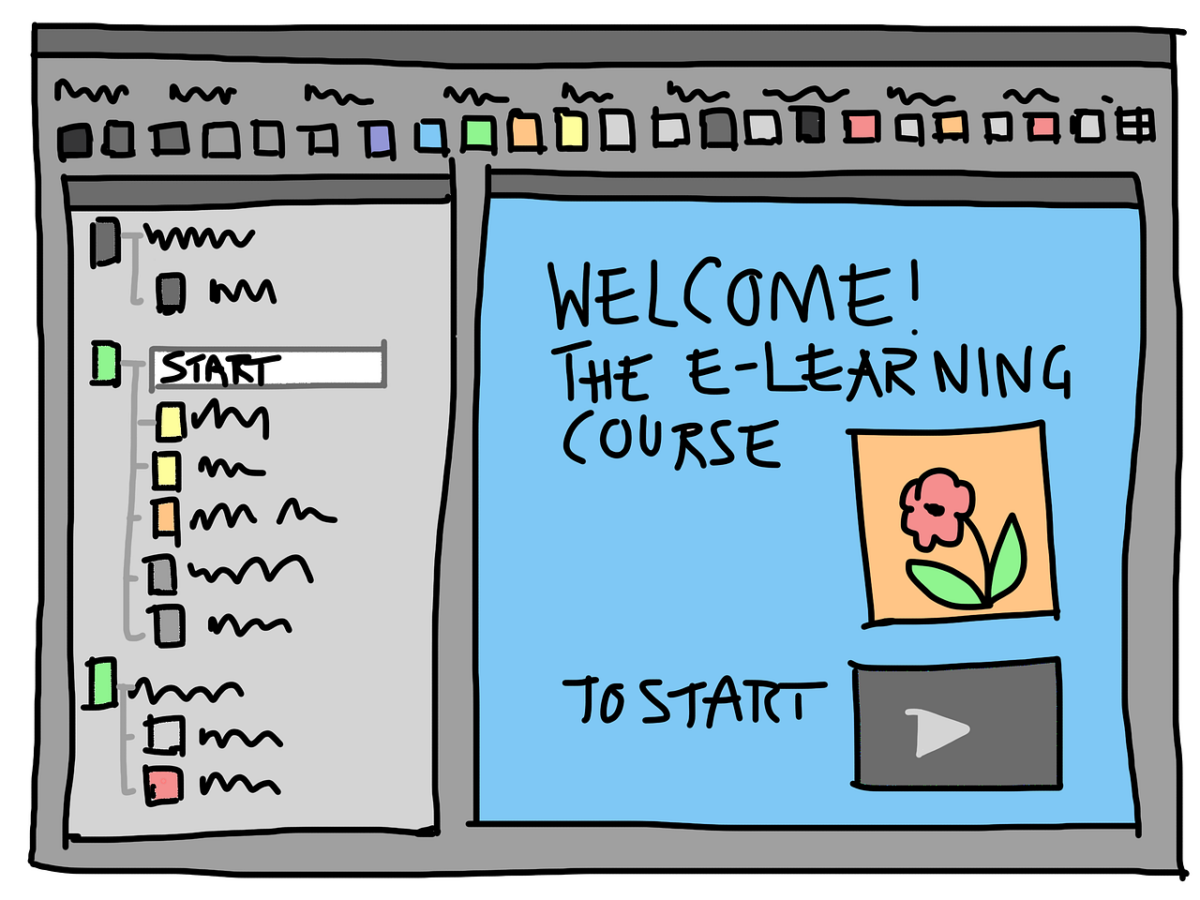As technology evolves over time, there will be a growing gap between what you currently understand and what you’ll need to know tomorrow. There is no doubt that progress in technology will result in skills gaps. These gaps, if aren’t filled within a reasonable amount of time, can become a major problem for virtually any industry. And even more so for manufacturing.
A manufacturing industry contributes the most to the GDP of a country. That’s why it’s so important that business owners in the manufacturing sector provide their workers with future-oriented training. To replace existing employees, companies often hire new ones who have updated knowledge, resulting in extra recruitment expenses. Since technology keeps advancing, recruitment costs can increase quite quickly.
In this regard, it is recommended that organizations train their current employees. As well equip them with the skills they need for them to meet future challenges and do the organization’s goals. The best way to help your employees learn new technologies is through a learning management system (LMS). Some of the best LMS you can use are Trainual, Litmos, MindFlash, etc.
In simple words, the Learning Management System (LMS) addresses the skills gap faced by manufacturing businesses by providing employees with effective training. These learning systems improve employee motivation and morale besides training. Listed below are some important features an LMS should consist of to fulfill your basic as well as advanced needs.
- Onboarding tools and management system.
- Content creation and management features
- Mobile and another device compatibility.
- Responsive design
- Gamification features
- Course development plans
- Automated training
- Upgradation features
- Report and analysis feature
Post Contents
Statistics Reporting
Choosing an LMS that meets these criteria will ensure that it meets your needs. Now, let’s take a look at some of the reasons why manufacturers should invest in learning management systems.
Training and Upskilling
One of the most obvious reasons for implementing an LMS is to upskill the existing employee base. With the advent of technology and the passing of time, there is a skill gap that grows and widens.

For this reason, a learning management system is strongly recommended to ensure employees are prepared to meet future business needs. A company seeking to improve its operations should pay close attention to which LMS it selects.
Supply Chain Management
It is crucial to the manufacturing industry to have supply chain management (SCM). With its help, any production breaks can be avoided. The fact that many manufacturing organizations source raw materials from around the world means that SCM procedures and principles must be understood by those in the supply chain departments.
By implementing a learning management system that adheres to various types of regulations, you will be able to introduce employees to SCM concepts and inform them about any updates to your SCM department.
To Operate Complex Machinery
Operating advanced and complex machinery is part of the manufacturing industry. To use such equipment safely, it must be operated by someone who has been properly trained. Employees who are currently employed as well as new hires should receive proper training.
Employers have a responsibility to perform safety-related training for their employees. In the area of safety training, there is no room for negligent behavior, so you can increase compliance by using an LMS. Also, with your LMS you’ll be able to combine online and traditional learning, allowing you to use all learning methods to teach employees how to use machines properly.
The LMS can also be used to assess the capabilities and skills of a specific worker or employee before they are assigned as an operator of the heavy machinery. Using AR or VR simulations that some learning management systems provide, the worker can give a test run for the specific machinery so that the risks of workplace injuries are minimized.
Better Upscaling
The practical training that is given to the employees of the manufacturing industries involves expensive machinery. Thus, if there is an error in the training method or a skill gap from the employee’s side, it may result in mishandling of the machinery during the training.

Such mishandling can translate directly into monetary losses and might also be fatal to a large number of people. Thus, the training courses that are designed for the workers and employees of a manufacturing company are first tested on a small sample of employees, and then it is upscaled to be provided to everyone.
An LMS or learning management system is easily scalable. You can add as many users as you want with little to no technical assistance or extra fees. It also makes the process quicker. Thus, using an LMS can be majorly beneficial for the manufacturing industry when it comes to upscaling the training design and training a mass number of employees and workers.
Conclusion
The manufacturing industry contributes more than half to a country’s GDP. That means human resources need to be skilled and efficient to meet future demands. We cannot overstate the importance of staying informed about technological advancements in the future. If you want your employees to be able to always be industry ready, your manufacturing company needs a learning management system to help them update.






























